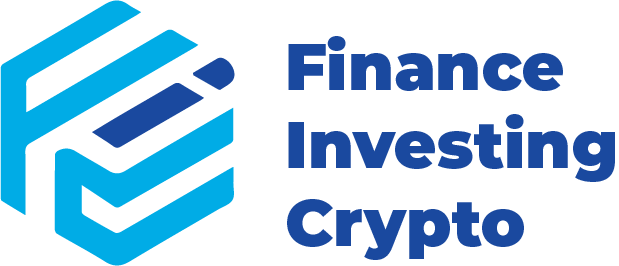Nasdaq-listed Nano Labs Ltd is making a massive bet on Binance coin (BNB) and has unveiled plans to acquire the token through convertible notes and private placements.
According to a press release dated June 24, China-based Web3 infrastructure provider Nano Labs has set its sights on acquiring up to $1 billion worth of BNB (BNB) as part of a broader strategic growth initiative.
To finance the plan, the firm has entered a $500 million convertible note agreement with investors. The zero-interest notes, maturing in 360 days, are convertible into Nano Labs’ Class A shares at an initial price of $20 per share.
As part of the reserve strategy, Nano Labs will conduct a full evaluation of BNB’s value and technical resilience before proceeding with the initial phase of the acquisition. The company has also stated that its long-term goal is to accumulate between 5% and 10% of BNB’s total circulating supply.
Nano Labs’ latest move builds on its earlier crypto ambitions, first signaled in December 2024 when the company announced it would begin accepting Bitcoin payments for its services. At the time, there was no indication that it planned to hold BTC on its balance sheet, and the latest BNB initiative marks a bolder step into the digital asset space for the firm.
If advanced, the billion-dollar accumulation would make Nano Labs one of the largest known BNB holders, outside of Binance itself.
The latest announcement comes as BNB gains interest from institutions. Just a day earlier, Bloomberg reported a similar initiative by former Coral Capital Holdings executives Patrick Horsman, Joshua Kruger, and Johnathan Pasch, to raise $100 million for the acquisition of the Binance token for corporate use. The trio reportedly will raise the capital through a Nasdaq-listed entity and aims to legitimize BNB in public markets.
At press time, BNB trades at $637.34. The Binance Coin has significantly lagged behind its peers in recent months, gaining just 12% year-to-date and down roughly 20% from its all-time high.









